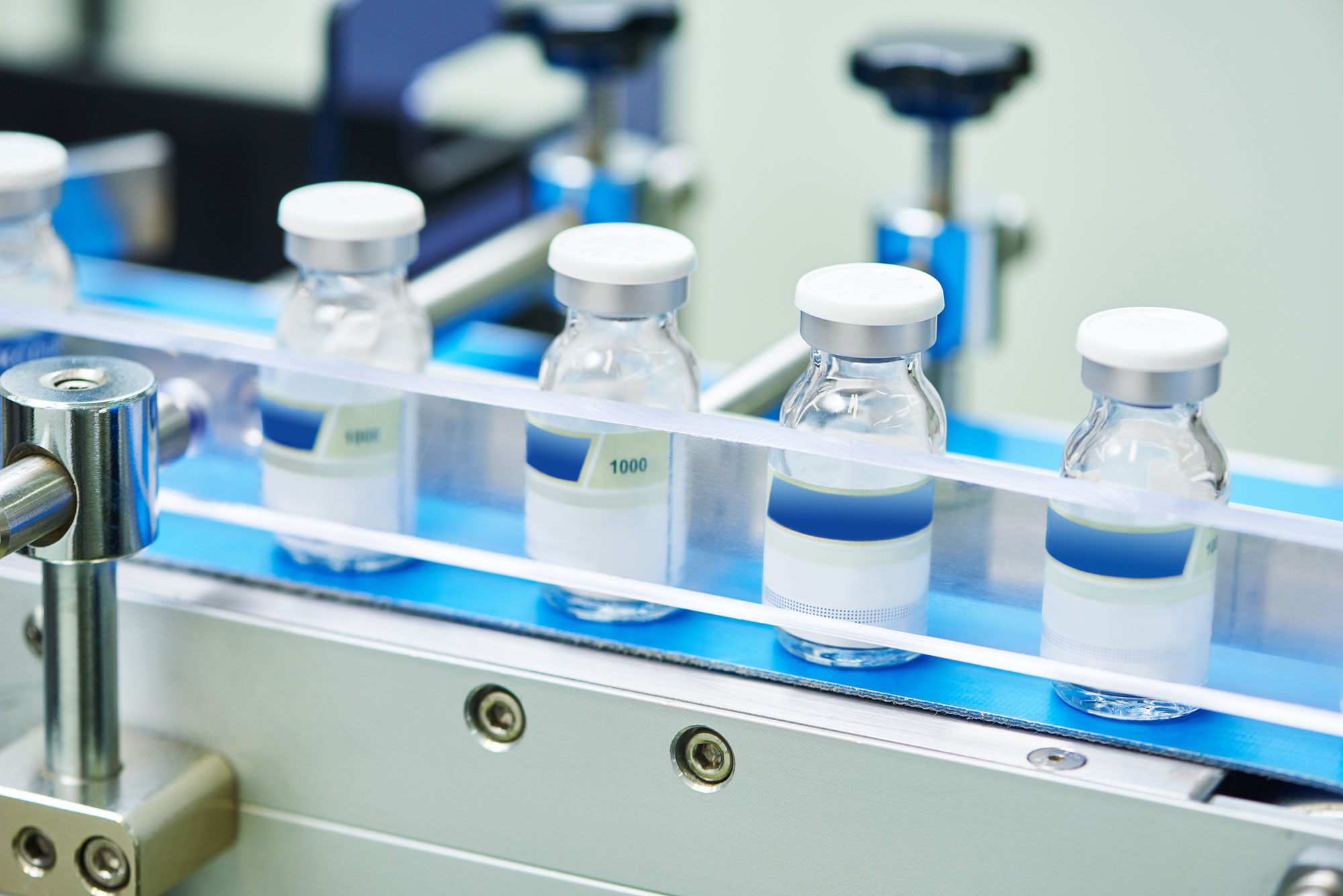
Innovative Pharmaceutical Cold Chain Logistics Strategies Revolutionizing Healthcare
Innovative Pharmaceutical Cold Chain Logistics Strategies Revolutionizing Healthcare
Introduction:
In the realm of healthcare logistics, maintaining the integrity of temperature-sensitive pharmaceuticals is paramount. Pharmaceutical cold chain logistics encompasses the processes and technologies designed to preserve the efficacy of these critical products from manufacture to administration. This article explores innovative strategies revolutionizing cold chain management, ensuring that patients receive safe and effective medications.
1. The Importance of Cold Chain Management in Pharmaceuticals
Temperature-sensitive pharmaceuticals, including vaccines and biologics, require stringent temperature control to prevent degradation. Effective cold chain management ensures these products remain within specified temperature ranges throughout storage and transportation, safeguarding their potency and patient safety. According to the Global Cold Chain Alliance (GCCA), adopting best practices in refrigerated transportation is essential for maintaining product quality.
2. Advanced Packaging Solutions
Utilizing optimized cold chain packaging is a frontline defense in preserving product integrity. Innovative packaging solutions are designed to maintain required temperatures, reduce spoilage, and align with sustainability goals. The UPS Healthcare™ Cold Chain Packaging program offers eco-friendly options that help ensure product efficacy while minimizing environmental impact.
3. Real-Time Monitoring and Data Analytics
Implementing real-time monitoring tools provides visibility into environmental conditions during transit. Active monitoring systems, such as GPS and cellular tracking devices, offer updates on shipment temperature and status, enabling proactive interventions to prevent spoilage. These technologies are particularly vital for high-value or irreplaceable shipments.
4. Contingency Planning and Risk Mitigation
Anticipating and planning for potential disruptions is crucial in cold chain logistics. Developing comprehensive contingency plans allows for swift responses to unforeseen events, such as natural disasters or equipment failures, thereby protecting product integrity and reducing financial losses. Logistics providers can assist in creating these plans, identifying risks, and implementing mitigation strategies.
5. Regulatory Compliance and Standards
Adhering to regulatory guidelines ensures consistent storage, transportation, and handling conditions, preventing temperature excursions and maintaining product quality. Compliance with Good Distribution Practice (GDP) guidelines is essential for pharmaceutical manufacturers and distributors to meet regulatory requirements and uphold the integrity of medicinal products.
6. Innovations in Last-Mile Delivery
The final leg of the supply chain, known as last-mile delivery, presents unique challenges in maintaining temperature control. Innovations such as drone deliveries are being explored to extend the cold chain, especially in remote areas. For instance, in Ghana, drones have been utilized to deliver vaccines, ensuring they remain within required temperature ranges and reach underserved populations.
Conclusion:
Pharmaceutical cold chain logistics is a critical component in delivering safe and effective healthcare products. By embracing advanced packaging solutions, real-time monitoring, robust contingency planning, strict regulatory compliance, and innovative delivery methods, the industry can enhance product integrity and patient outcomes.
